.
Now, in Llandudno,
all the Angles are
slowly aging at the arcade.
What you wouldn't be forgiven
for forgetting again; The forests where
A, lebensrauming, came to die
over and over until they learnt
to do B in again and again and again.
Somewhere down the coast line there's
the tongue fluttering flames
like the spray of nails,
the fist full of history drying;
muted, unfolding enmity.
The tongue, held in, itches.
Out there, in the cadaverous steel soup,
the seal heads are holy rising
again and again and again and again and again.
Wooden Boy: Sea View, from The Little Wooden Boy, 26 April 2012

View of Llandudno from the Great Orme: photo by Nigel Swales, 26 September 2009

Seals, off the Little Orme, Llandudno, Wales: photo by Dilwynn Lloyd, 1 March 2010

Seal, off the Little Orme, Llandudno, Wales: photo by Dilwynn Lloyd, 1 March 2010

Red Kite (Milvus milvus): photo by Thomas Kraft, 23 March 2006
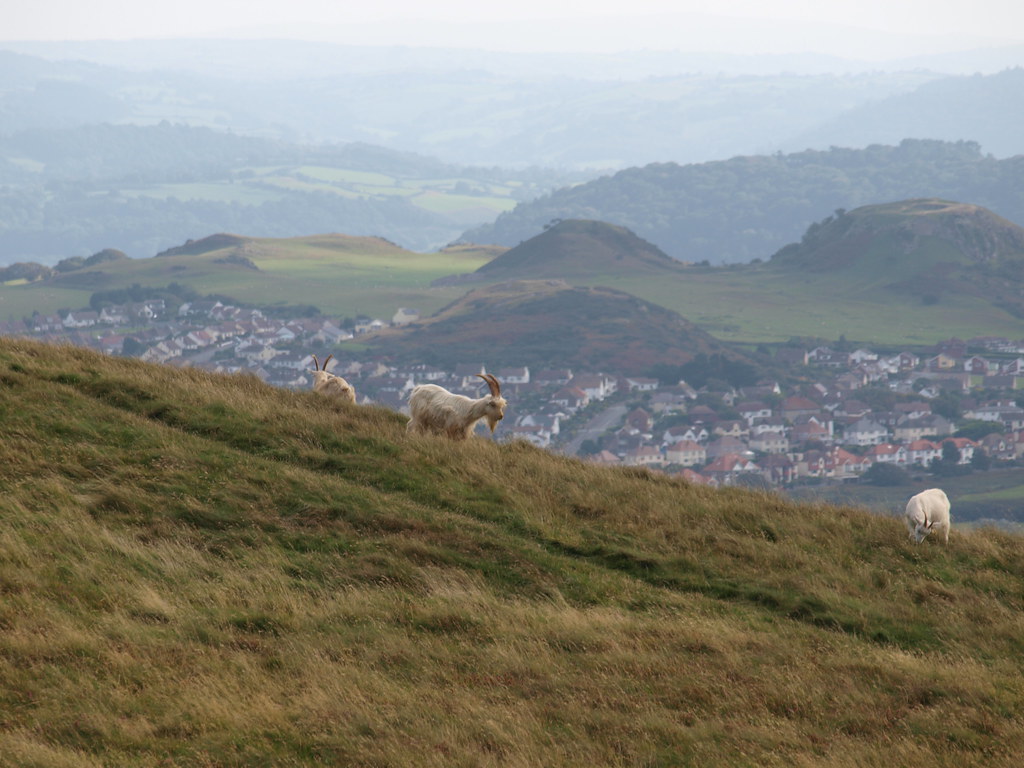
View of Llandudno from the Great Orme: photo by Nigel Swales, 26 September 2009
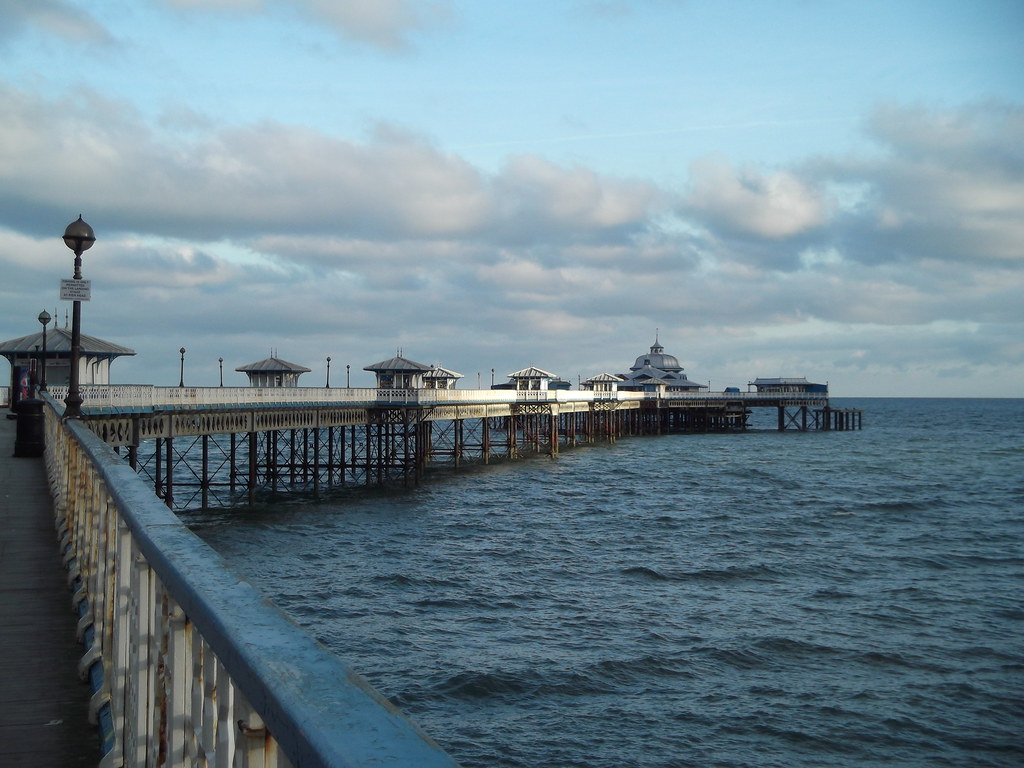
The Pier, Llandudno: photo by John Timperley, 21 January 2011
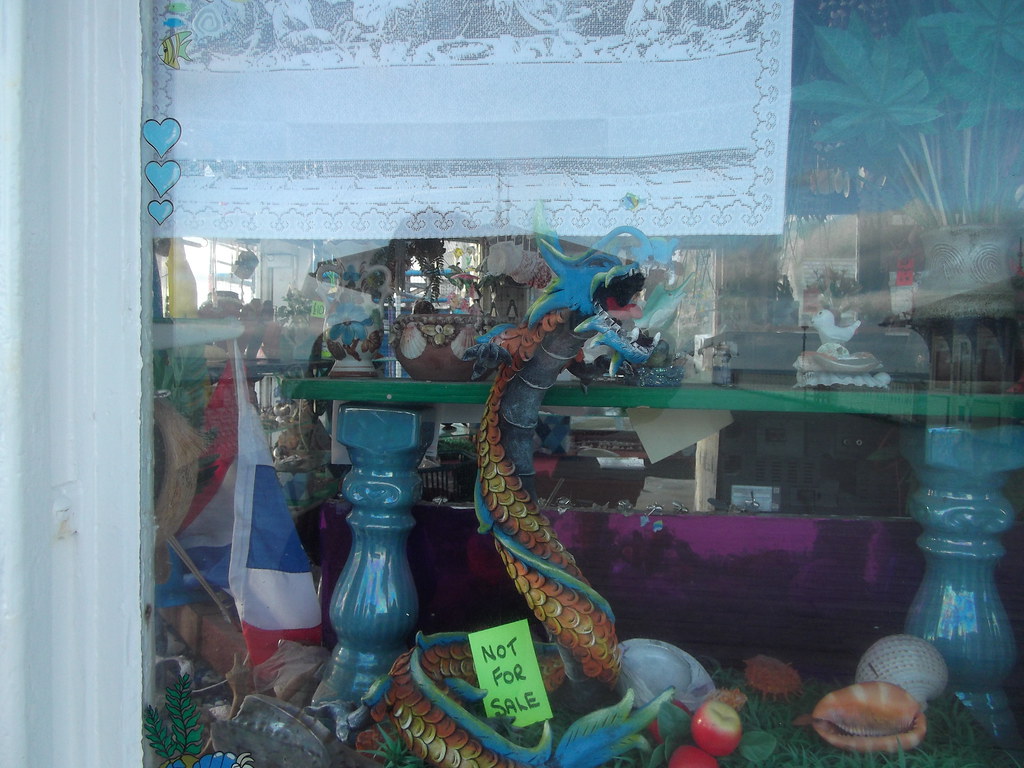
The Pier, Llandudno: photo by John Timperley, 21 January 2011
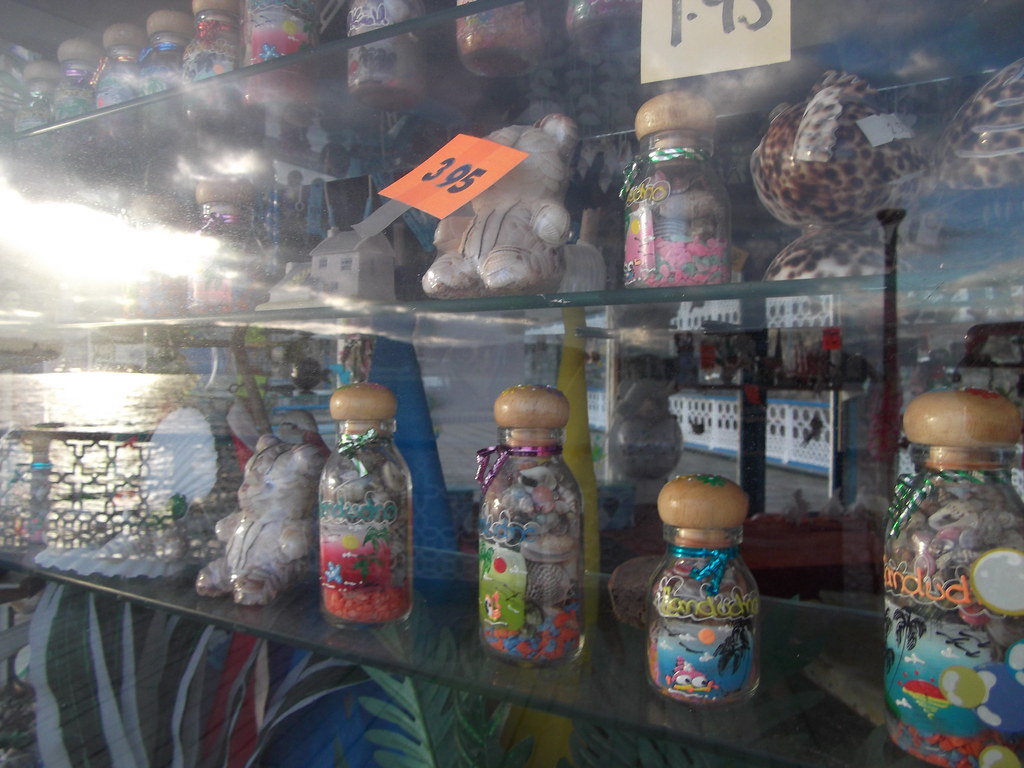
The Pier, Llandudno: photo by John Timperley, 21 January 2011
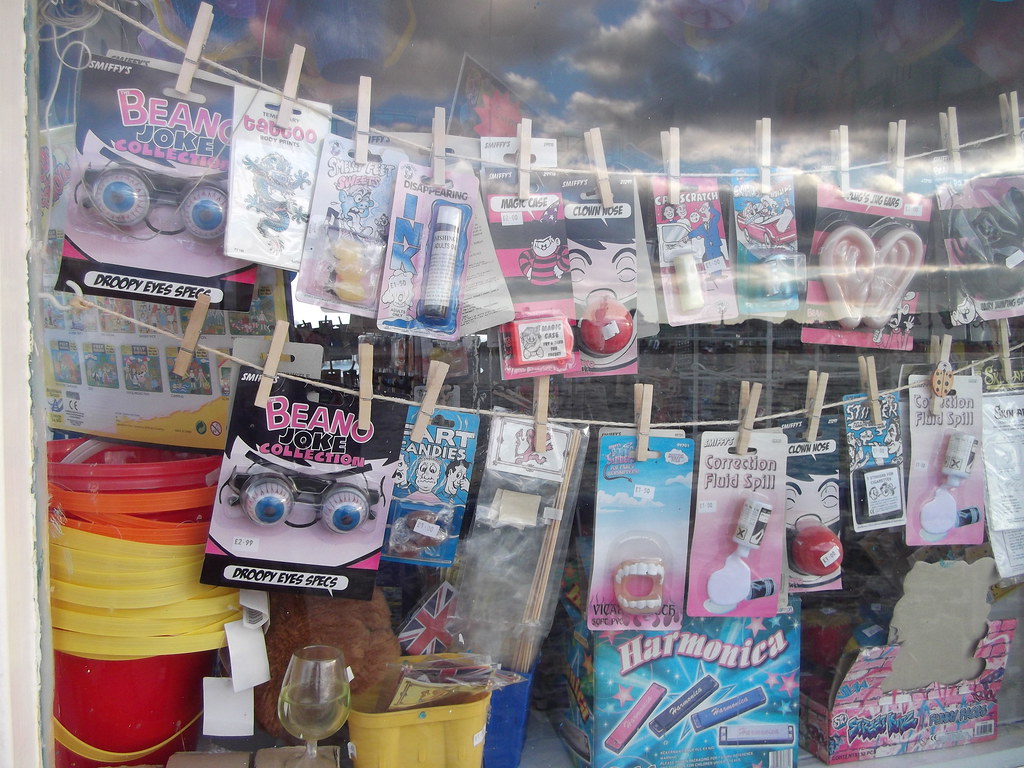
Joke Shop, The Pier, Llandudno: photo by John Timperley, 21 January 2011
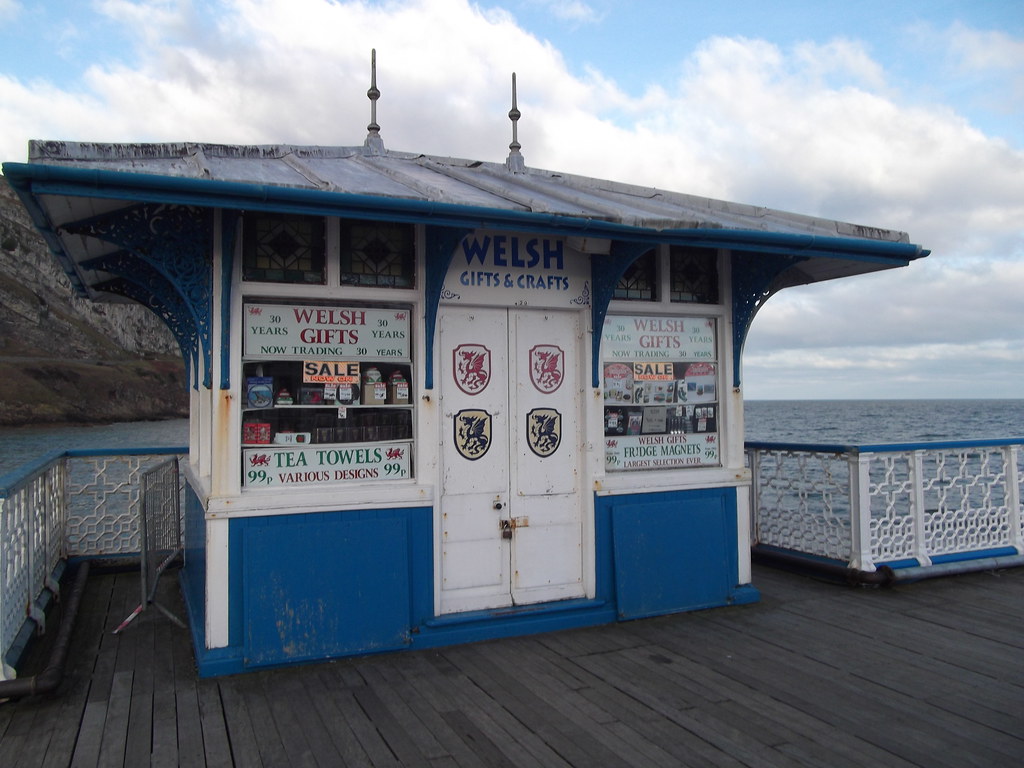
Welsh Souvenir Shop, The Pier, Llandudno: photo by John Timperley, 21 January 2011
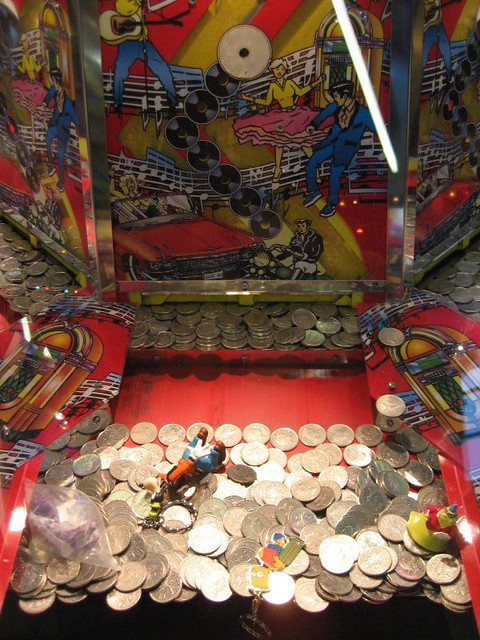
Llandudno Pier Arcade: photo by Radarsmum67, 10 November 2007
On Llandudno Pier: photo by Jenny Sadowski, 10 July 2007

A detail of the octagonal pavilion at the far end of Llandudno Pier: photo by Eirian Evans, 6 January 2008
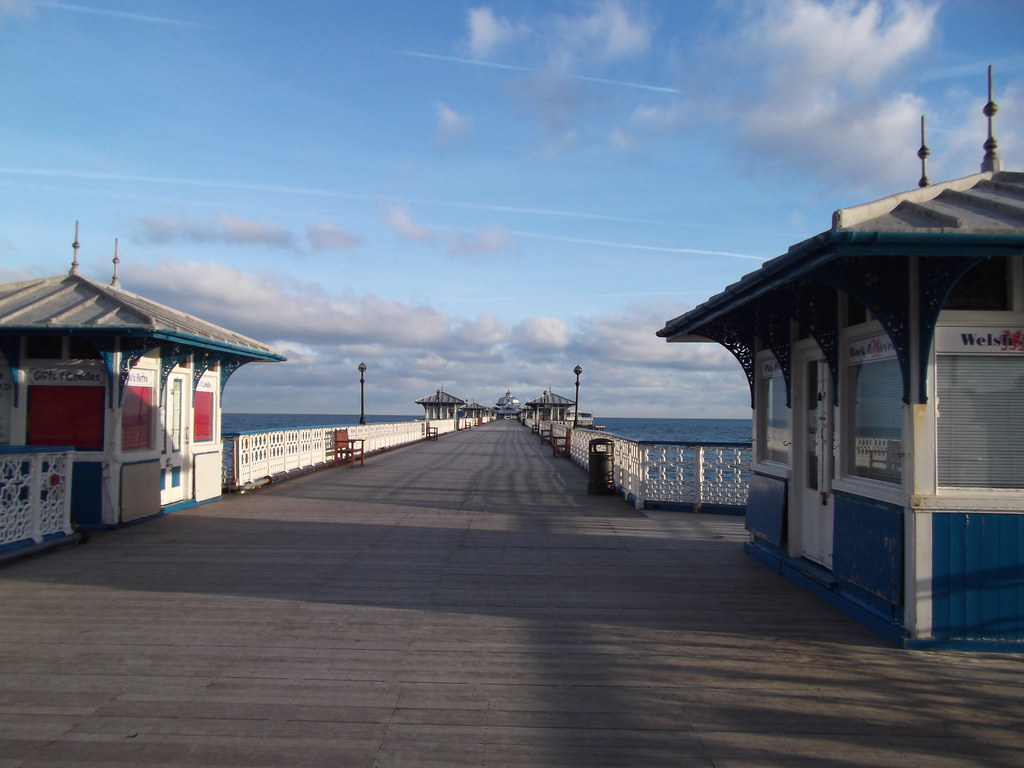
The Pier, Llandudno: photo by John Timperley, 21 January 2011
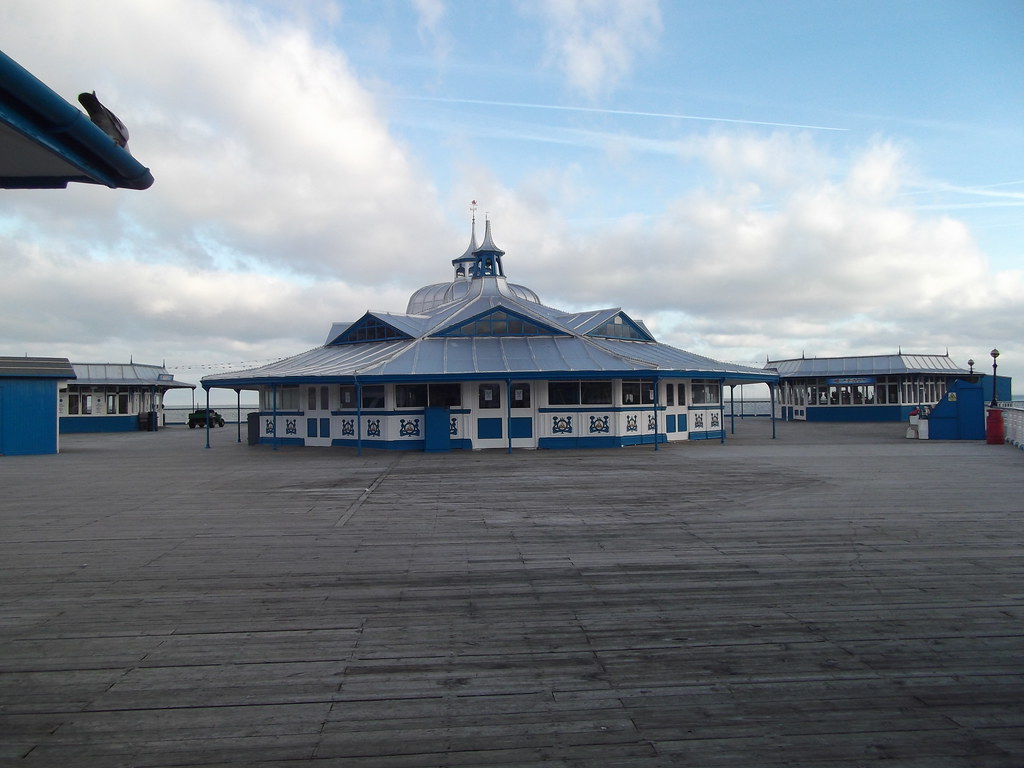
The Pier, Llandudno: photo by John Timperley, 21 January 2011
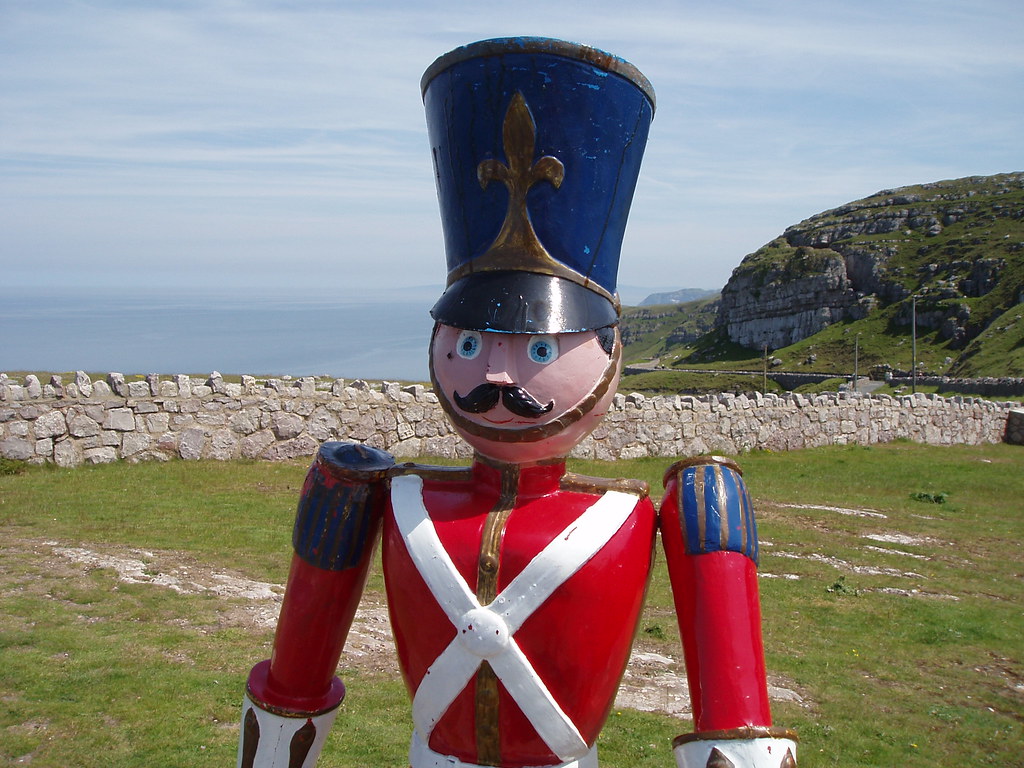
Tin soldier, Conwy County Borough, Wales: photo by Anne, 19 June 2005
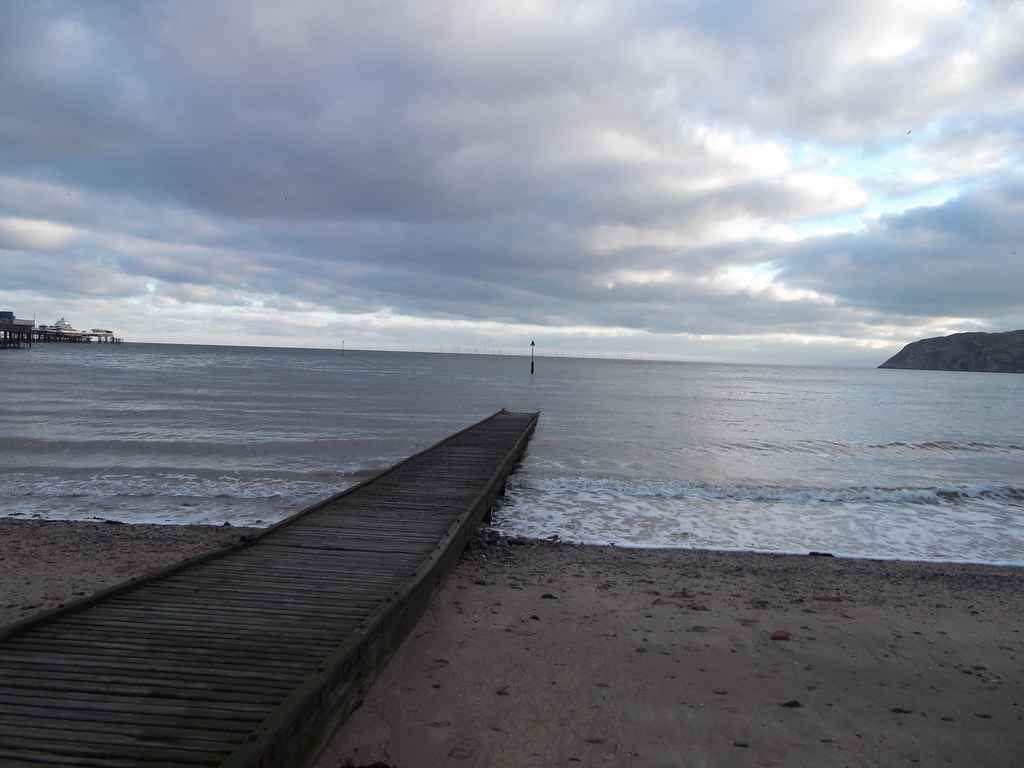
Slipway, Llandudno Bay, Llandudno (with pier and amusement arcade in left distance): photo by John Timperley, 21 January 2011
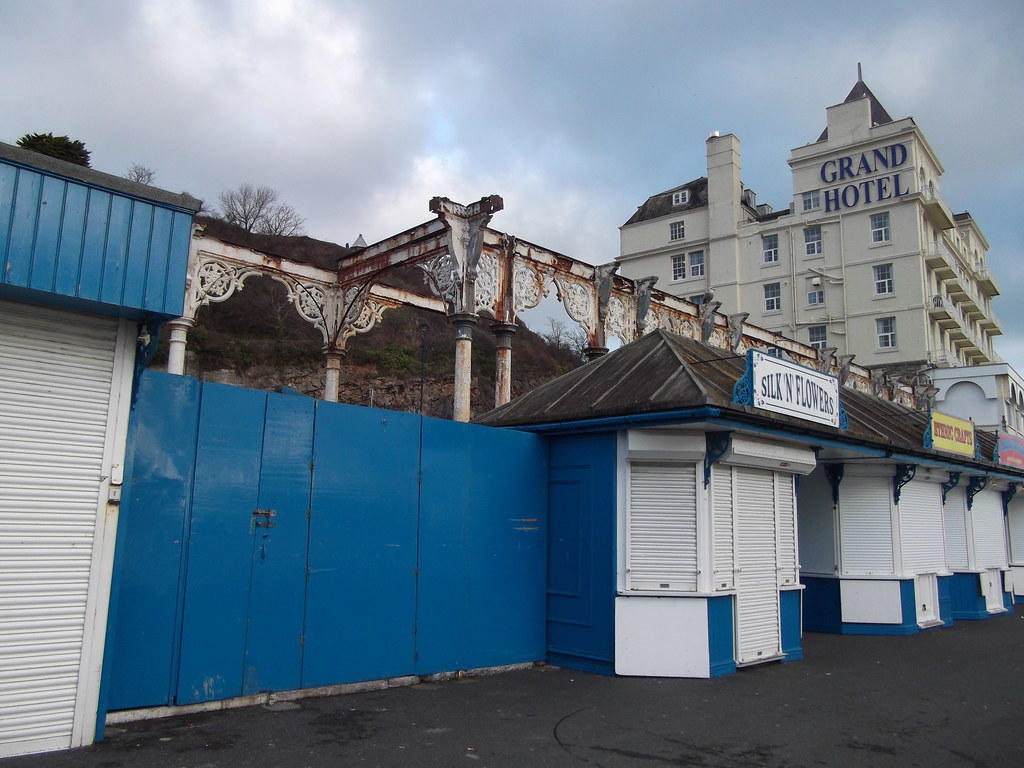
Amusement Arcade, Llandudno Bay, Llandudno: photo by John Timperley, 21 January 2011







14 comments:
Tom,
Thanks for this early morning travel through the fog from here to Llandudno, where one had never been before (nor even heard of)
7.13
light coming into fog against invisible
ridge, song sparrows calling from field
in foreground, sound of wave in channel
scheme of charged particles,
not logical structure
but can be present, in form
only, selected system
grey white of fog against top of ridge,
line of pelicans flapping toward point
This post is so interesting and exotic, full of the sublime sea and humpy hills. This poem is so beautiful with its "steel soup" and "The tongue, held in, itches" much like on the bus ride in the rain. There is so much going on here. The place name, Llandudno is such a big, grand name. A and B incidents are very mysterious--violent unseen image--imagination fills in or tries to fill in the empty spaces and that grappling is what makes this a Wooden Boy poem. The feeling of that trying to connect A an B in a straight line but not exactly failing but having something else happen very actively.
Americans always scope out what there is to buy at the stop, at the pier. The arcades: nothing. The small shops, scary to go into where nothing is for sale, anyway, except some old shell collections nobody collected. The most there is to buy is some fart candy and googly eye glasses. The kiosk, closed. The teddy bears locked up inside. Seals keep bobbing up their heads to get a good eyefull.
Susan,
I couldn't have said that better myself and you have relieved me of having to summon up the bravery of the saying, for which the hole in my head, which aches with the thought of a real thought, sends you great thanks.
The maps of sounds and movements in Wooden Boy's poems continue to fascinate me.
The movements whether by accident or design seeming a matter of (to adapt Steve's) some
scheme of charged particles,
not logical structure
And the words have depths. Histories.
The arcades are slowly aging as are all the Angles. Not to mention the odd Saxon. The itching tongue held in perhaps to keep from speaking from an ancestral sense of violation and misuse by all the Angles over all the Ages. The tongue fluttering flames made me dwell a moment upon the Welsh lion. A dying species, a dying nation. The cadaverous steel soup full of Atlantic Grey Seal heads, rising as of legend. Again and again and again.
Steve,
Llandudno is in North Wales.
It's such a large world. There are probably a lot of people in Llandudno who have never heard of Bolinas.
Not that it would be any of their affair.
In some cold grey northern coastal resort towns values are on the up, in others, it seems, not so much. Right now it would cost more to acquire a chicken-coop-size fancied-up second unit on the Mesa than a 27-bedroom Victorian period family-run hotel 300 yards from the Promenade in Llandudno.
cadaverous steel soup
Great image.
Jonathan,
Yes, that's a very well particularized clammy wet
greyness. The long vowels in "steel" and "soup", drawing out the cadaverousness as if on stretchers.
And the vowel rhyme in "steel soup" and "seal heads", a conjunction.
The sound structures, so intricate and interesting with this poet.
The long "a" and "i" sounds, and the fiery "f"s and liquid "l"s (the lion's tongue, held in, then flaming out), also iterative:
aging at the arcade.
forgiven
for forgetting again
A, lebensrauming, came to die
learnt
to do B in again and again and again
down the coast line
flames
like the spray of nails
fist full of history drying;
enmity
holy rising
again and again and again and again and again.
I have to go make a phone call
at the pier
go call in the clouds
and their goats
on the mountain
maybe the living
kite looking down--
come home, come home!
Thank you all for your generous readings.
TC, the Wooden Girl was in one mind with you on the Welsh Lion.
She recalls staying in the Grand Hotel on the pier many years ago with her friend, Lou.
Susan, I love your summing up of the pier photos.
Those images have made the pair of us want to return to the hills and the sea and the goats and the kites and the seals.
It's perhaps the quality of meditative self-address as opposed to speaking to or for an audience that draws me to Wooden Boy's poems. Internal cultural, personal historical tensions articulated through a process of dialectic which as Susan has suggested moves from A to B in a way that's poetic but not logical (thank heavens).
That the articulation of such tensions remains an active capability of the art form is proven by WB's work and I find this proving a brave thing, it causes one to take heart, and that, currently, is not such a common occurrence.
One may of course take heart sheepishly, or as might a lion.
WB is in fact a West Midlander (Brum) but has a paternal link with Conwy County Borough (bless his little wooden British heart).
About my lion dragon gaffe, a laugh is sometimes as good as a well-muffled roar (he contended hopefully).
It's thought that some wayward Nile crocodiles that swam the Mediterranean inspired the European dragon mythologies. They might equally have been giants.
There are the various dragon myths.
The Chinese dragon seems to have come from a different mythological branch, derived from a sea serpent.
It was the Tudors originally stitched the "Red ffyry dragon peyntid upon white and Grene Sarcenet" into their battle standards. (Edmund and Jasper Tudor had a dragon crest granted them by Henry VI.) Seems the dragon on the Welsh flag has to do with Henry Tudor's claim to be the true representative of the ancient kings of Britain. The Welsh had after all done more than their share of the bloody labours.
Odd autobiographical aside, during the final few rounds of brain scans, the orderlies wheeling me through the hospital sub basement radiation chamber labyrinths appeared to be leonine, ruddy, with tongues of flame. Perhaps they were of Welsh descent. More likely not, however. The injections of radioactive iodine dye to the brain make everything go fiery for a time.
Since then I have been hallucinating fiery-tongued apex predators in every nook and cranny. Left brain verbal aberration anecdotal & c. (Talking of the comedy.)
I'm the perfect audience for British fun pier novels, poetry and pictures. Based on experience and memories, they prompt just about every kind of intense thought and feeling in me that I've ever had. I'm not certain why that is, but I suppose it's related to their structure, the way they extend into the steel soup and the fact that I'm usually stealing away from other people and obligations when I've walked on them. Adding seals to the mix intensifies and completes things for me in the most unexpected way. It's been a few years since I've seen a British pier and I've never visited this one. Atlantic City, Ocean City and Wildwood, New Jersey have family elements, but just aren't the same. Anyway, thank you both for this. Curtis
Curtis,
The perfect audience is the only audience we would ever want here in the closing phases of the outpost and you've always through the many confusing and destabilizing yet at the same time weirdly predictable yet even more strangely endurable climate changes proven yourself that, for which many thanks upon my own and the wooden one's behalf. You've now forced me to admit to a fatal fascination with British seaside amusement places. The tackier the kitsch, the easier it is for one's poetic imagination is to draw up a bit closer to the wall heater coils and make itself at home. I spent a few years living in a village on the North Sea which had summer amusements in the nature of water slides and a forlorn row of those Bide-a-Wee cottages. In the winter it was so terribly bleak with the biting wind and the cadaverous steel soup that the actual two-week summer had evaporated to a phantasm. Really that whole period and indeed the period of having been out in the world at all without the benefit of a gaping head wound, now seem a phantasm. But not in a bad way.
(Greene's Brighton Rock and the film thereof naturally come to mind re. this subject.)
Post a Comment